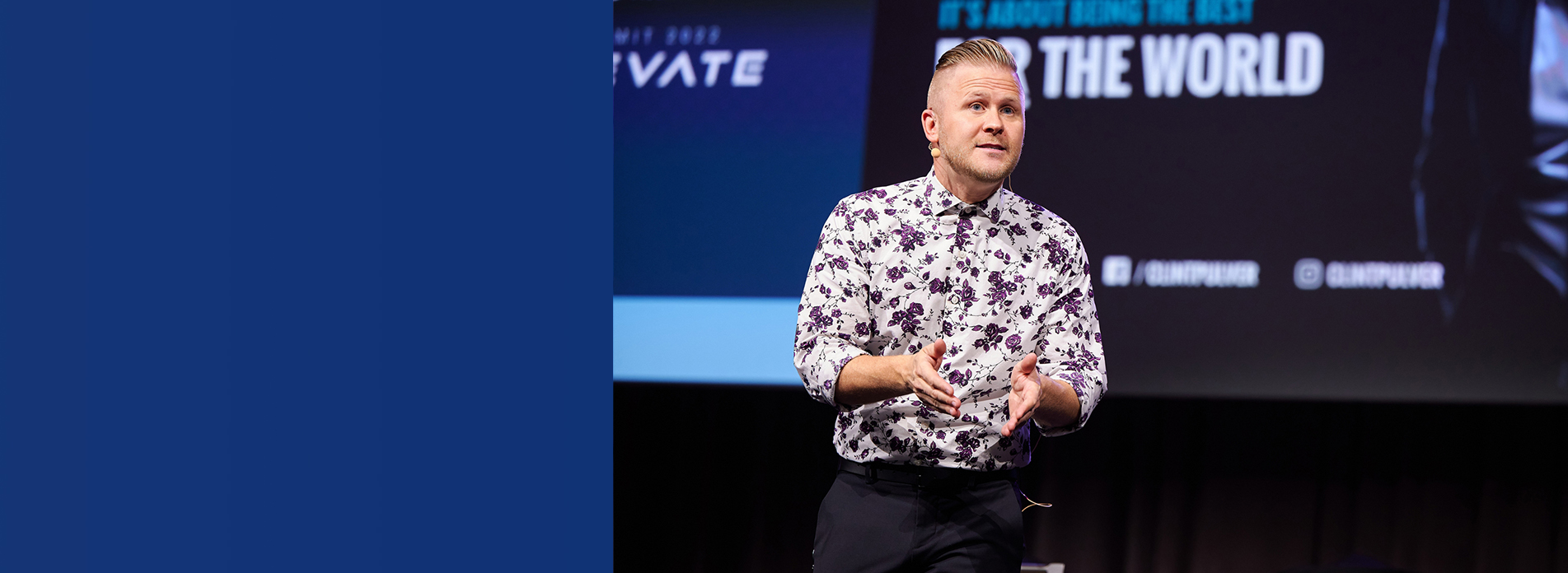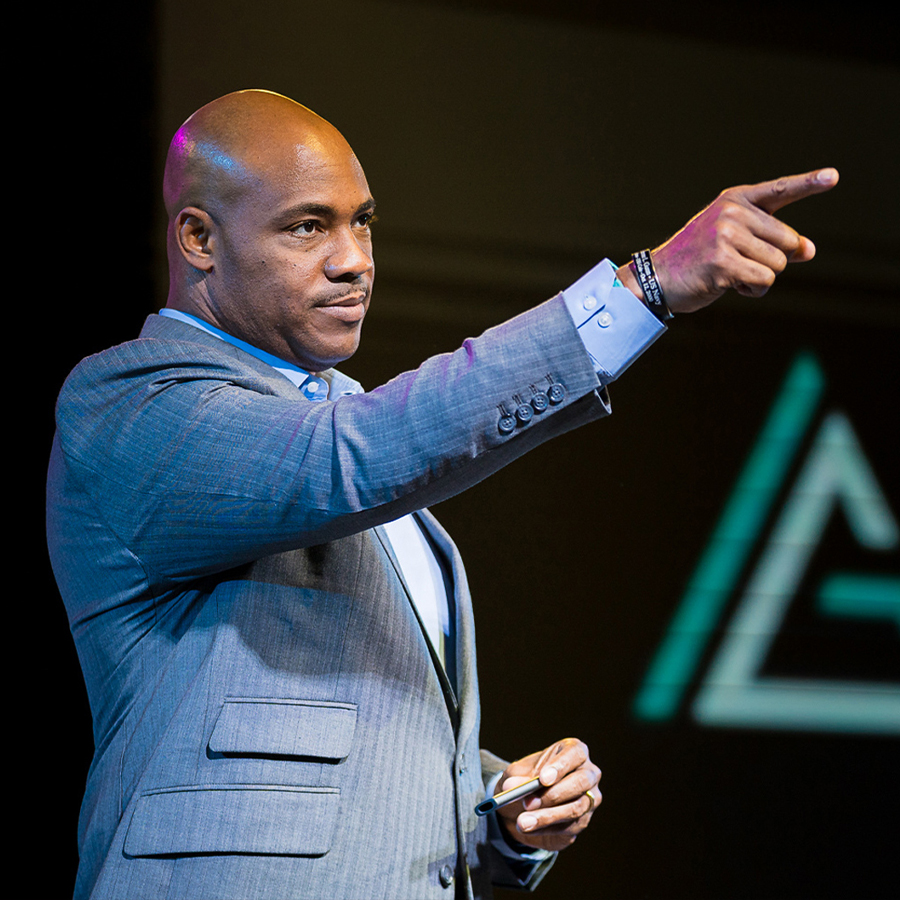
Innovator, Visionary & Transformative Leader
Innovator, Visionary & Transformative Leader
For IN-PERSON EVENTS, the exact fee falls within the fee range on this page, unless this is a “Call for Fee.”
For VIRTUAL EVENTS, the fees can vary depending on how the presenter is used (example: virtual keynote, workshop sessions, multiple video messages, etc).
To learn the exact fee, complete the “Check Availability” form or call us (at 973-313-9800), email us at [email protected], or chat with one of our team members on LiveChat.
We look forward to helping you.
After graduating from Cornell University, Anne Loehr managed and owned international, eco-friendly hotels and safari companies for over 13 years. Frustrated that she couldn’t find top-quality team development programs for her 500 employees, Anne honed these skills herself by creating her own dynamic leadership and management development programs.
Since selling her hospitality businesses and becoming a certified executive coach and management consultant, she has been working with diverse organizations such as Facebook, AstraZeneca, Morgan Stanley Smith Barney, American Red Cross, Booz Allen Hamilton, John Hancock, Coca-Cola, the White House Fellows Program and P&G to consistently help organizational teams improve their communications and deepen their working relationships. The impact? Creative collaboration, improved employee retention and increased sales.
Named the “Generational Guru” by The Washington Post, Anne’s work has been featured in Newsweek International, The Washington Post, The New York Times, Huffington Post, National Geographic Traveler, Washingtonian and CNN Money. Anne speaks regularly at national conferences and on the radio. She writes for Fast Company and the Huffington Post; she also a faculty member of the American Management Association, teaching leadership courses around the country.
Anne co-founded Safaris for the Soul, international leadership retreats that help senior managers find their organizational values and purpose. Her first book, A Manager’s Guide to Coaching: Simple and Effective Ways to Get the Best Out of Your Employees was published by the American Management Association. Her 2nd book, Managing the Unmanageable: How to Motivate Even the Most Unruly Employee, was published by Career Press.
How many of the following statements apply to your life?
You’re not alone. Such is the state of the modern world. Yet human energy is a critical resource. The strategies used to improve athletic performance can also be applied to managing energy in our personal lives. Learn how to train like an athlete to manage your energy physically, emotionally, mentally, and spiritually.
In this session, you will learn:
What is EQ? EQ is similar to IQ; IQ stands for Intelligence Quotient whereas EQ stands for Emotional Intelligence Quotient. EQ is a measure of your ability to monitor, identify, understand and use emotional information, whether it comes from you or from somebody else. Those with a higher EQ are able to manage feelings like anger, happiness, insecurity, or fear in order to “respond” to situations rather than “react” to situations. Studies show that up to 80% of the average person’s personal and career success can be attributed to their level of EQ. The good news is, EQ can be increased with practice.
In this session, you will learn:
One of the major workforce trends significantly impacting organizations today is the fact that women are leaving the workforce in droves. Studies show that more than half of women who start out in Fortune 500s have left before they reach the executive level. Where do they go and why does it matter?
Women who leave your organization either join your competitors or become your competitors by launching their own businesses. In fact, as of 2010, there were more than 8 million woman-owned businesses in the U.S. and their numbers are growing 50% faster than start-ups headed by men.
One reason this matters to your organization is purely economical. Two recent, high profile studies have found that having even one woman on a company’s board correlates with significantly better performance.
Female Leadership is a must-have for companies to survive and thrive. And yet very few companies have been able to move that bar. You need an action plan to bring women into the top ranks of your company and keep them there.
Leaders will benefit from the Attract, Develop and Retain Female Talent by learning:
There are big changes coming to the American workforce. In order to survive and thrive in the very different workplace of tomorrow, organizations need to know, plan and stay in front of these changes.
This keynote will help you lead through these changes, including the four biggest trends:
Your job is to help get ready for these changes, and my job is to help you do that with my blogs and keynote. Through me, you will be able to answer:
“Future Focused Leaders Create Cultures of Purpose,” examines the rampant absence of purpose people feel in today’s workplace and the extreme lack of engagement that results. This lack of engagement is not only bad for organizations; it’s bad for people, their families, and their communities, too. I explain how it’s absolutely imperative for leaders to create purpose in their organizations and for their employees. The first step in doing so is identifying individual and then organizational values. I provide a roadmap for identifying those values and implementing them.
In this talk, leaders will learn:
Everyone in the world has bias—a tendency to believe that some people and ideas are better than others, which usually results in treating some people unfairly.
Often it is unconscious bias—social stereotypes about certain groups of people that individuals form outside their own conscious awareness—that is the most problematic. It’s imperative that individuals and organizations become aware of the common types of bias found at work and learn how to combat them. Why? To ensure all members of the organization are given an opportunity to succeed, thus increasing the success of the organization as a whole.
In this session, you will learn:


Call us or Live Chat Below


Call us or Live Chat Below


Call us or Live Chat Below


Call us or Live Chat Below


Call us or Live Chat Below

"*" indicates required fields
"*" indicates required fields